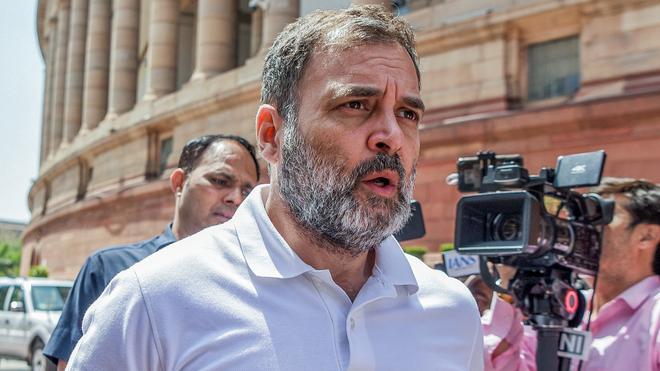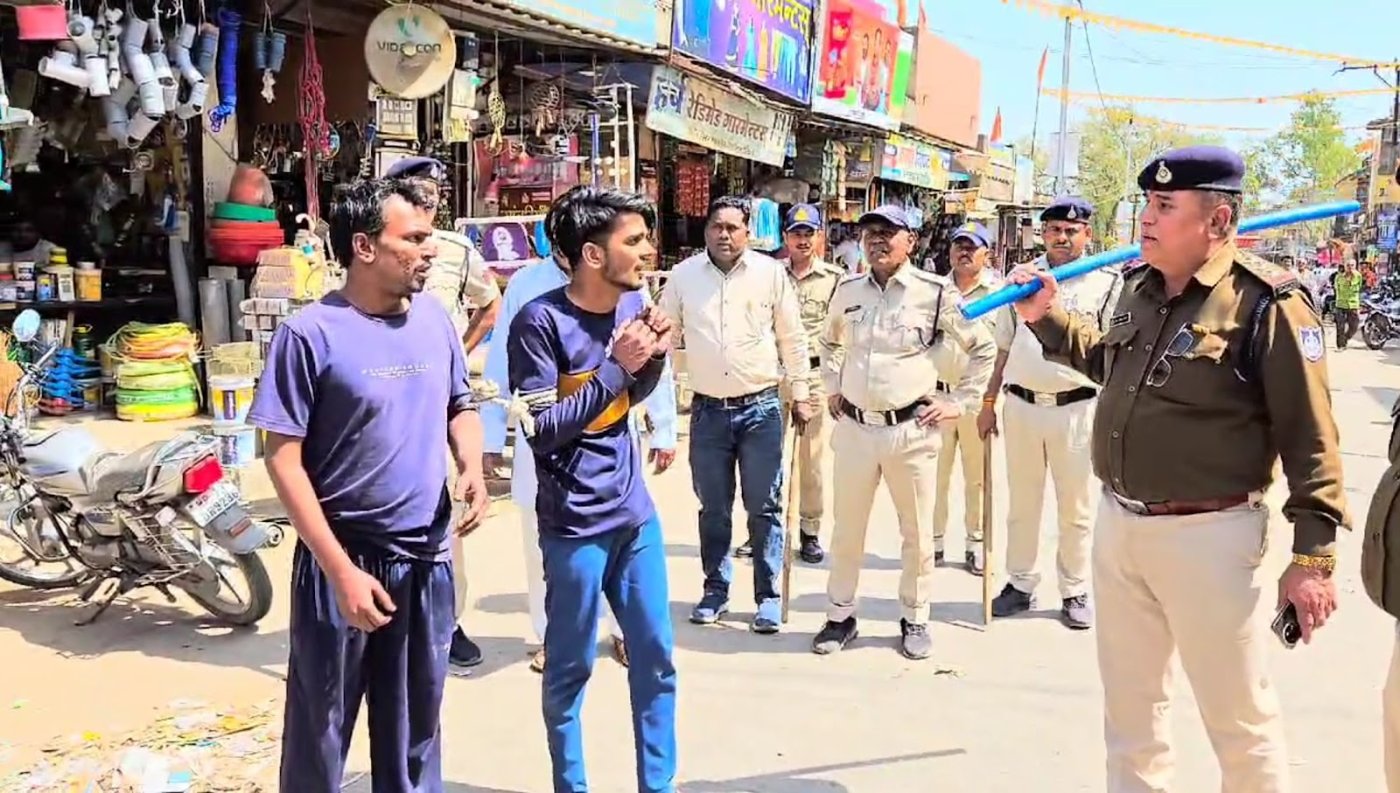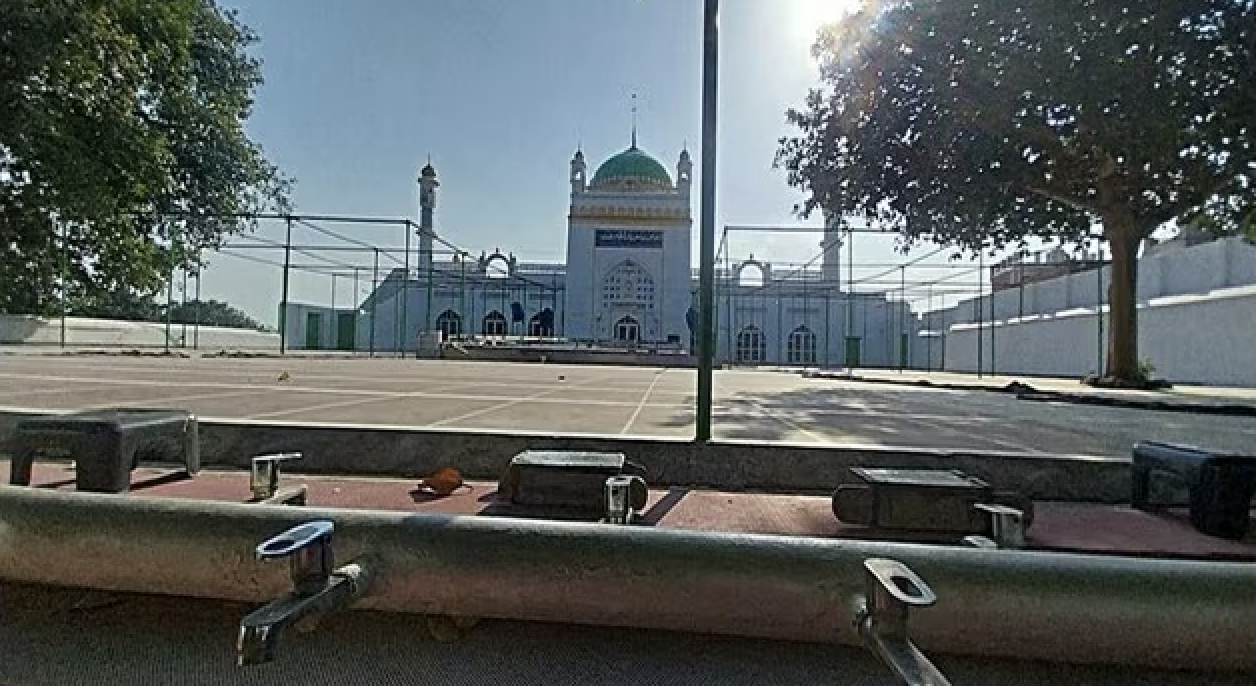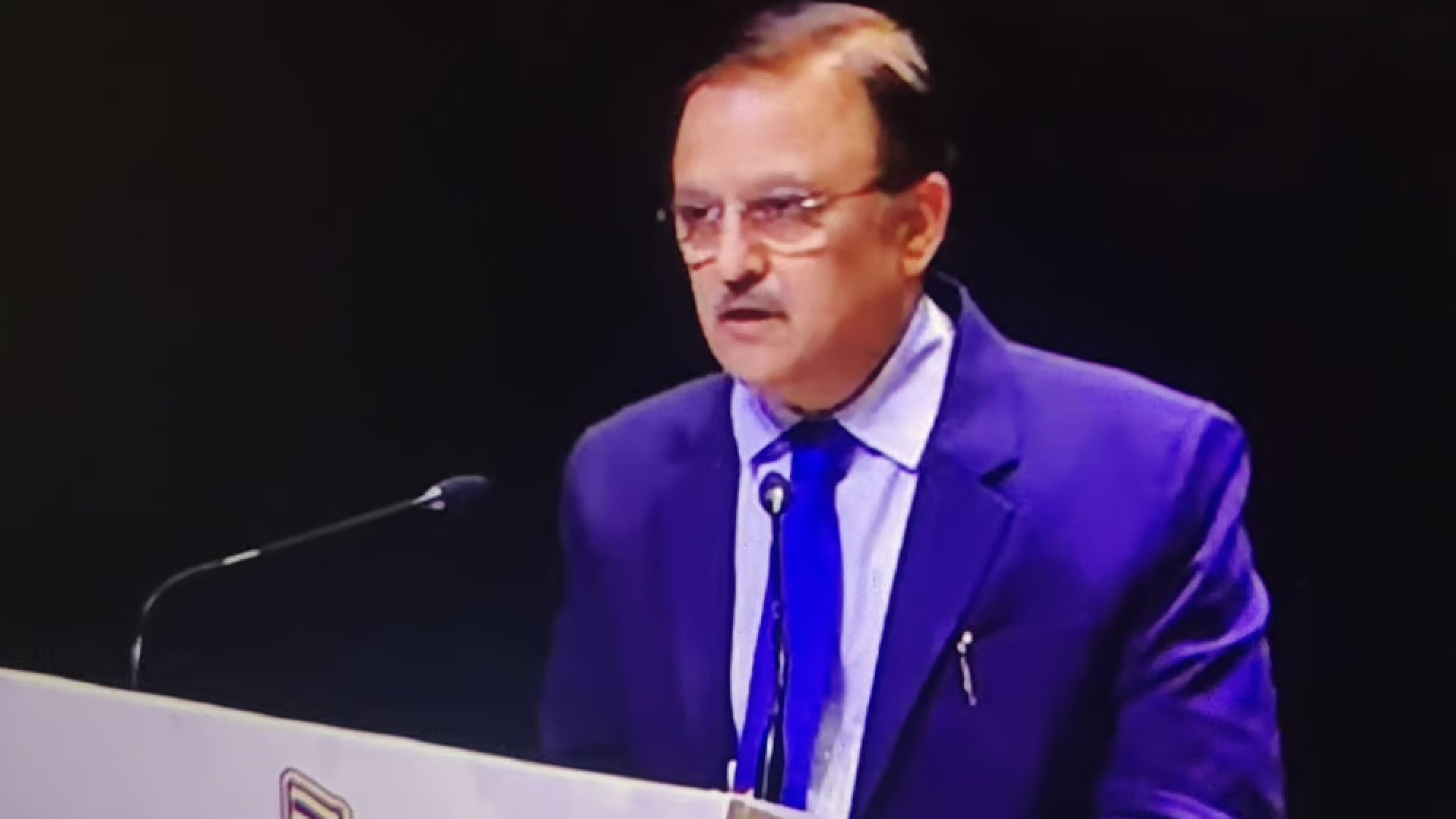
By Poulomi Ghosh / Hindustan Times
Former Supreme Court judge Justice Madan Lokur on Sunday talked about Dharma Sansad, Sulli Deals, Bulli Bai (the apps for auctioning Muslim women), as he was delivering an address on hate speech in India. As he talked at length about all legal aspects of hate speech and what is being done to curb hate speech, the Justice criticised the government’s role said even if there is no violence, can you say, “It’s okay! Freedom of expression.”
“You have a Dharma Sansad where there was a call of ethnic cleansing or genocide. Remember, the Supreme Court had said that in extreme cases, hate speech can lead to violence or genocide,” he said.
“A minister garlanded persons convicted of lynching. Lynching itself is violence, hate speech resulting in violence,” the Justice said as he recounted the incidents that he consider as ‘hateful’.
How hate speeches erode democracy
“We have had, in Delhi, a minister not a Cabinet minister but now he has become a cabinet minister saying ‘Goli Maaro’. What is that if not incitement to kill. But he might say ‘I never said it, I just said you shoot. I didn’t say whom to shoot…the listeners said traitors’,” he added.
“Here you have the Executive which is either silent; it took no action on the Dharma Sansad issue until the matter came before the Supreme Court and when the Supreme Court asked well, what’s going on, it said okay we will make some arrests. They arrested some people, those people got bail, by the way. So, you have the police which is not doing anything and a silent government. On the other hand, you have some people from the government being proactive, garlanding those who have committed lynching. You have a sort of an acceptance that hate speech is okay,” the Justice said.
“And the courts are saying, listen unless there is some violence involved, we are not going to deal with it. So the cycle of hate speech continues,” he added.
Freedom of speech has to have a reasonable restriction, Justice Lokur said, adding that all these can’t be categorised as freedom of expression. These are speeches that result in delegitimisation, ostracisation, loss of dignity which may or may not lead to violence or genocide, he said. “But that does not mean these are not hate speech,” Justice Lokur said.
In Canada, Justice Lokur said, it is said that hate speech has to be looked at from the standpoint of a reasonable person. “What is a reasonable person? When I was a student of law, a lawyer and a Judge, I knew exactly what a reasonable person is. But today, I don’t know. Is a minister who gives hate speech a reasonable person? A minister who puts a garland on persons who are convicted of lynching. Is he a reasonable person? If these are reasonable persons, then reasonableness has a completely different meaning from what, at least, I understood as a student of law. So, perhaps in Canada, they still understand what a reasonable person is. But we have a bit of a problem,” he said.
This article first appeared on hindustantimes.com






